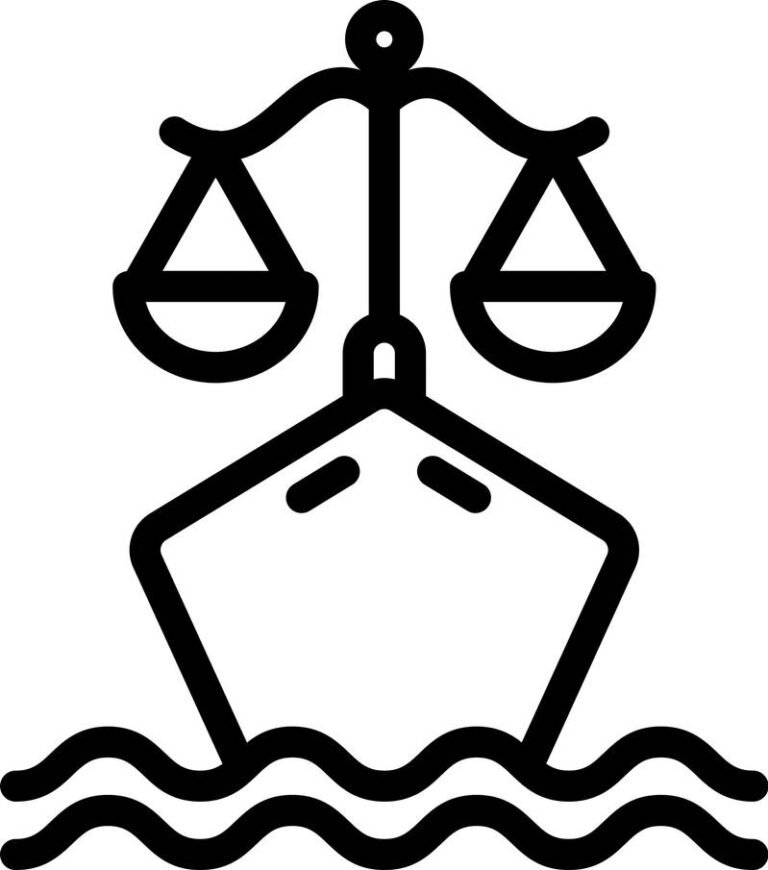International Maritime Law Needs Update to Address Undersea Infrastructure Damage
Centuries-old international maritime law is facing calls for an update to specifically outlaw damage to undersea infrastructure such as cables and pipelines. The Estonian justice minister emphasized the need for this update after recent incidents where cables connecting Estonia to Finland were damaged.
On Thursday, Finnish authorities seized a ship carrying Russian oil in the Baltic Sea under suspicion that it caused the outage of an undersea power cable connecting Finland and Estonia, as well as damaging or breaking four internet lines. Following this, the Estonian navy moved to protect a parallel power line on Friday.
The Estonian government has taken the decision to apply to the International Maritime Organization by February to update the maritime law. Justice Minister Liisa Pakosta stated in an interview that the current law does not adequately address underwater damage and lacks clarity on how countries should handle such cases, potentially leading to disputes.
Pakosta highlighted that the existing maritime law, some parts of which date back centuries, primarily focuses on piracy and unauthorized broadcasting above the sea level. However, actions like deliberately damaging undersea infrastructure, such as dragging anchors, are not specifically covered.
For instance, in the case of piracy, the current United Nations maritime convention allows affected countries to seize ships or aircraft, arrest individuals involved, and have their national courts decide on penalties. Yet, there is no clear framework for dealing with undersea infrastructure damage.
Previous incidents involving suspected damage to undersea cables by vessels like the Newnew Polar Bear and Yi Peng 3 have faced challenges in investigation and accountability. Estonia’s request to China for an investigation into the Newnew Polar Bear and Sweden’s attempt to board the Yi Peng 3 were met with difficulties, with China asserting cooperation but providing limited access.
The call for updating international maritime law to address undersea infrastructure damage reflects the need for a modernized legal framework to prevent such incidents and ensure clearer guidelines for handling disputes. By advocating for these changes, Estonia aims to enhance maritime security and accountability in the face of evolving challenges in the maritime domain.
(Reuters)

